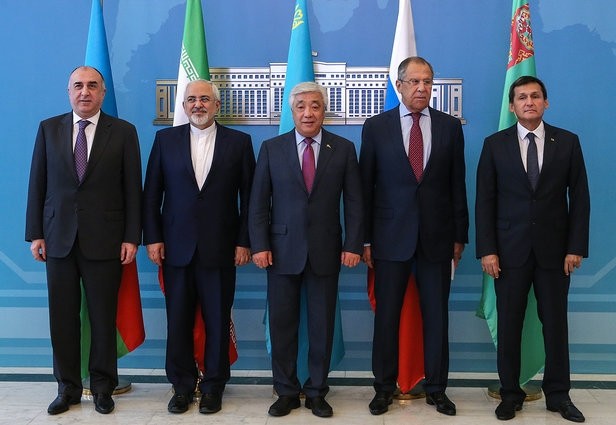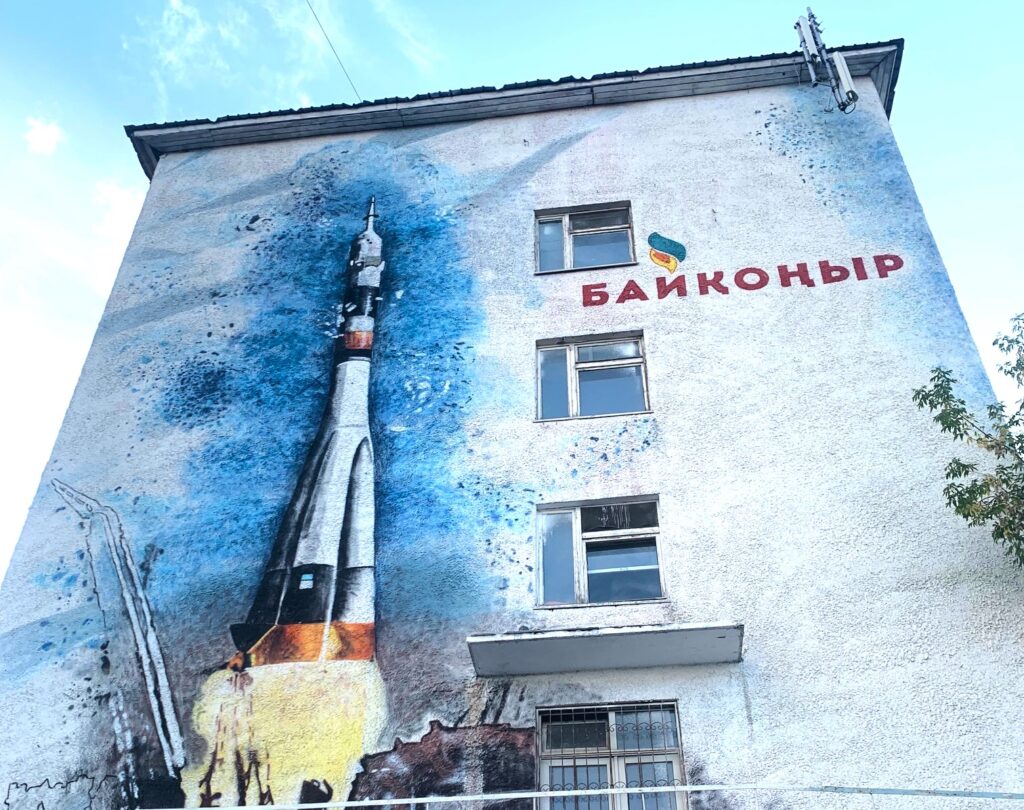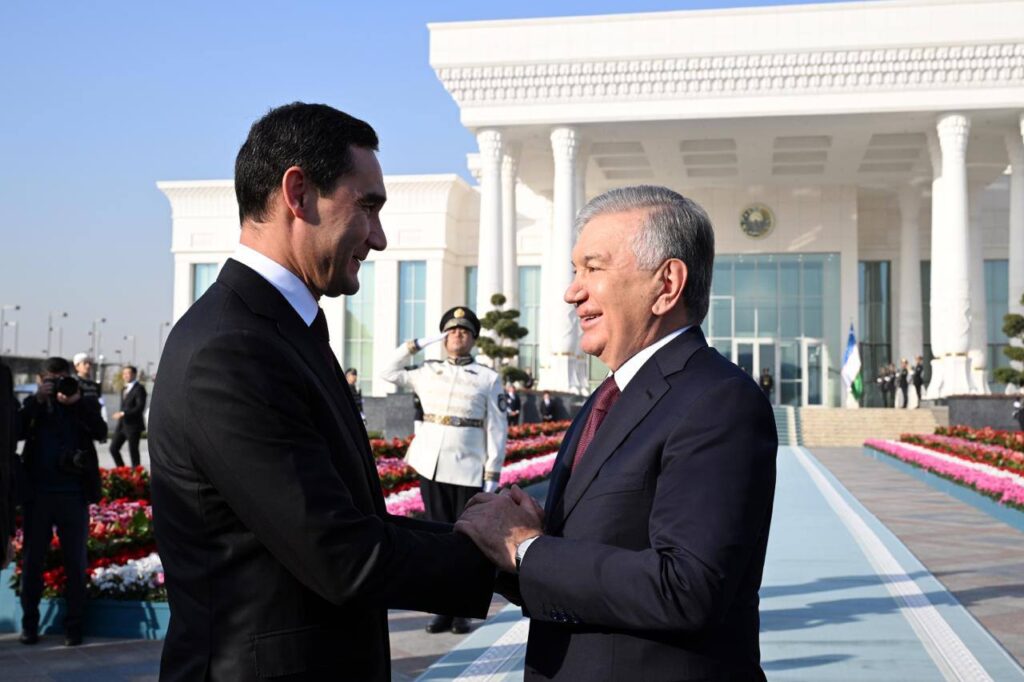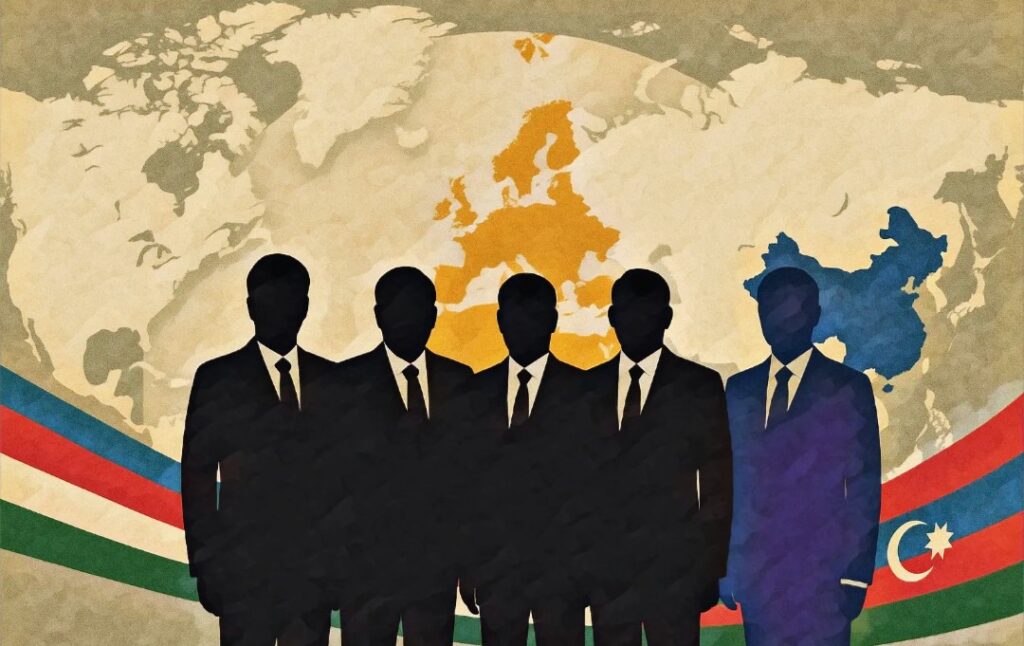ASTANA (TCA) — A regular meeting of foreign ministers of the five Caspian Sea littoral states took place in the Kazakh capital Astana on July 13.
The foreign ministers of Azerbaijan, Iran, Kazakhstan, Russia, and Turkmenistan focused on the convention on the legal status of the Caspian Sea. Proceeding from the decisions of the Fourth Caspian Summit (Astrakhan, September 29, 2014), they mapped out a plan of preparations for the next meeting of the leaders of the five states in Kazakhstan, the Russian Foreign Ministry said.
The Caspian Sea littoral states are discussing the convention on the sea’s legal status that would be a comprehensive document outlining the duties and rights of the five littoral states as well as the framework of cooperation between these countries.
Kazakhstan Foreign Minister Yerlan Idrisov said the convention could be signed in 2017.
Speaking at a press conference after the ministerial meeting, Idrisov said that there is the intention to have the convention signed at the Caspian states’ summit in Astana next year. He said it is now difficult to say when exactly that will take place next year, as the parties have yet to finalize negotiations on the issue.
At the meeting in Astana, Iranian Foreign Minister Mohammad Javad Zarif said the Caspian Sea’s legal regime should guarantee that the interests of the littoral states are met in view of the geopolitical developments, Iran’s PressTV news agency reported.
“Sustainable peace and security in the Caspian Sea [region] is of fundamental significance to regional governments and nations,” Zarif said.
He added that the Islamic Republic of Iran, acknowledging the key issue of security, believes that “transparency, peaceful use of the sea and avoiding an arms race” will ensure peace and stability in the region.
The Caspian Sea is the largest enclosed body of water by area and is variously classed as the world’s largest lake or a full-fledged sea.
The issue of the legal status of the Caspian Sea was given significance after the collapse of the Soviet Union and the emergence of new independent states bordering the sea.









